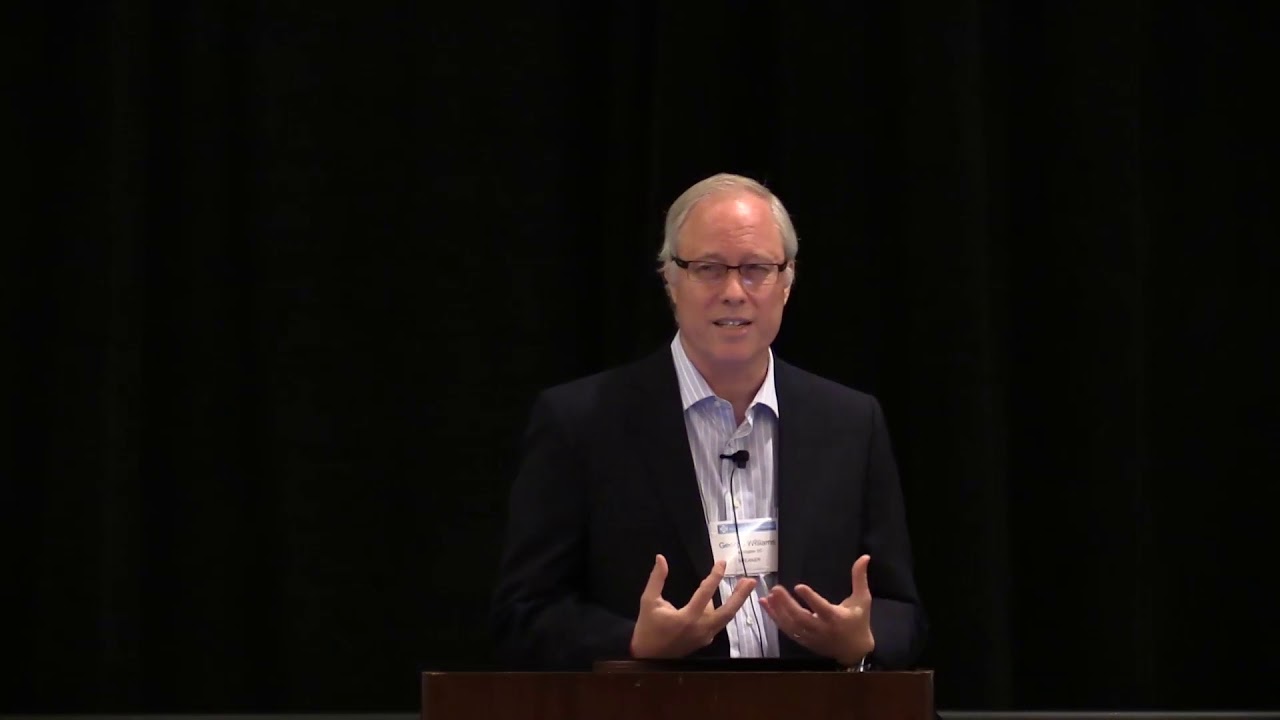Society for Scientific Exploration
While successful in many respects, quantum mechanics remains deeply puzzling and suggests radical departures from classical theories of physics. Further, there is no consensus explanation from the various widely differing theoretical attempts to explain it. Given the strong fit between the orthodox (Copenhagen) framework and the data, as well as the absence of anomalies, some have expressed pessimism that this issue can be resolved. However, I will argue that there is a set of anomalous data that can be exploited to make progress: psi data.
Some interpretations such as Wigner (1967) suggest that consciousness plays a role in determining the outcome of quantum events. Most physicists have strongly resisted such explanations, which imply some type of mind-matter interaction. For a number of reasons, I will argue that this resistance is mistaken. First, while most scientists embrace the idea that consciousness is solely a product of brain processes, there is currently no consensus theory on how consciousness emerges. In fact, consciousness is not congruent within classical theories of physics at all. Second, the alternative attempts to explain quantum mechanics—which include parallel universes or quantum superposition—do not appear any less radical than the existence of mind-matter interaction. Third, and perhaps most important, there is substantial data that imply the existence of mind-matter links, as well as other psi data that suggest non-local connections between minds.
A brief review of the literature demonstrates strong evidence for psi in a number of different categories. There is also substantial evidence in telekinesis or mind-matter interaction experiments, some of which test mental intentions on random number generators based in quantum mechanical processes. While there appears to be a replication issue, differing test results may be accounted for through experimenter effects. This likelihood appears stronger given the evidence from large-scale mind-matter experiments such as the Global Coherence Project, which arguably reduces the importance of experimenter effects.
What can the psi data suggest about alternate explanations of quantum mechanics? First, the evidence from telekinesis or mind-matter experiments suggests that that minds can influence the intrinsic probabilities underlying physical processes. This casts serious doubt on the Everett or many worlds theory, where all possible worlds suggested from the quantum framework exist simultaneously. Second, waveform collapse theories that do not involve consciousness also appear to be inconsistent with the psi data. Most categories of psi appear to be consistent with two classes of explanations: 1) waveform collapse theories that involve consciousness and 2) theories that suggest a deeper underlying stratum of reality, such as Bohm and Hiley (1993). However, the experimental evidence from the Global Coherence Project, which suggests shifts in the emotions of large groups can influence random processes, is arguably inconsistent with waveform collapse theories, which require a conscious observer. Thus the overall psi evidence favors some versions of the frameworks explored by Bohm and Hiley’s (1993) as well as some work by Stapp (2011).
Recorded at the 33rd annual SSE Conference in 2014 at the Hyatt Regency San Francisco Airport,
Burlingame, California, USA.
Special thanks to our Patreon Explorers for providing the support we need to keep our video content freely available online: Dr. CMC Toporow, Kathleen Erickson, Mark Crewson, Mark Urban-Lurain, Roger Nelson, and Sandy Wiener.
Want to support our commitment to open access scientific research? Become a patron yourself: https://www.patreon.com/user?u=23234339
Or take your support of our 501(c)(3) nonprofit even further by becoming an SSE member: https://www.scientificexploration.org/join
The SSE provides a forum for original research into cutting edge and unconventional areas. Views and opinions belong only to the speakers, and are not necessarily endorsed by the SSE.
Source

![Introduction to Unity [1 of 7]](https://theengineeringofconsciousexperience.com/wp-content/uploads/2020/11/UnityBeginner1of7_960.jpg)

there is only one eye only one observer = consciousness.
This. 'Bout time.